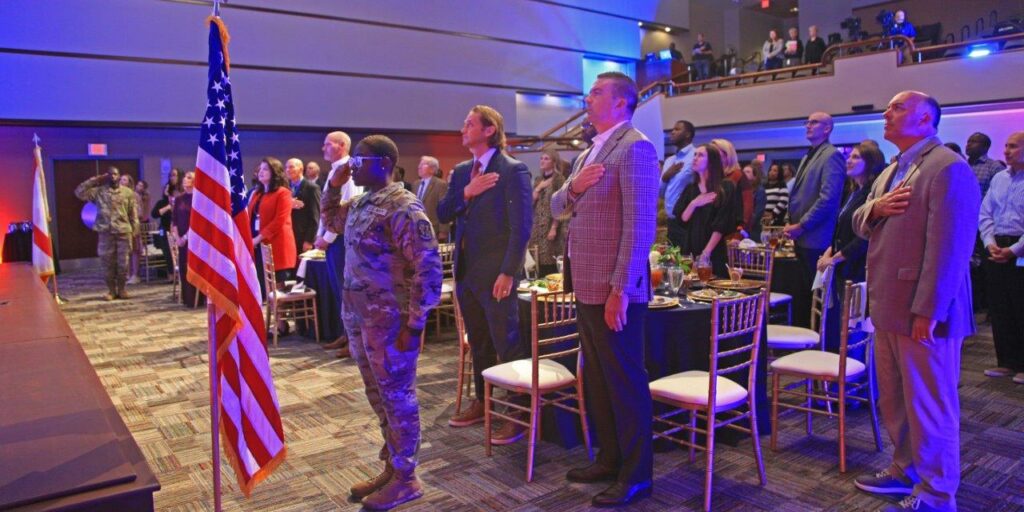On this day in 1963, an explosion tore through the 16th Street Baptist Church in Birmingham.
Klansmen detonated 19 sticks of dynamite under the church and claimed four lives of those in attendance for the 11 a.m. service at the Black-majority congregation.
The terrorist attack resulted in the death of four young girls: Addie Mae Collins, Denise McNair, Carole Robertson and Cynthia Morris Wesley.
Taking to action to protest the injustice that occurred, Black Alabamians demonstrated across Alabama. The mass protests sparked then-Gov. George Wallace to break up the demonstrations through law enforcement, which resulted in the deaths of two teenagers: Johnny Robinson and Virgil Ware.
In 1965, the FBI concluded the bombing was carried out by four known Klansmen. The first conviction would not take place until 1977, however. Two more convictions were made related to the attack in 2001 and 2002. The 21st century prosecution of the white supremacists was led by former U.S. Attorney and future U.S. Sen. Doug Jones (D-Mountain Brook).
Wednesday, U.S. Rep. Terri Sewell (D-Birmingham) took to the floor of the U.S. House of Representatives to honor the lives of the four girls who were murdered 59 years ago.
“[D]escribed by Dr. Martin Luther King as one of the most vicious, tragic crimes ever perpetrated against humanity, this racially motivated act of terrorism focused America’s eyes on Birmingham, Alabama, bringing into sharp clarity the injustices that sparked the Civil Rights Movement,” Sewell said in her remarks.
“Although we will never replace the lives lost or injuries suffered, the passage of the Civil Rights Act of 1964 and the Voting Rights Act of 1965 proved that their sacrifices were not in vain,” she said. “Today, as we reflect on our painful history, we are reminded that every gain in the battle for Civil Rights has come at a high cost, paid by those who sacrificed everything for a vision and a dream bigger than themselves.”
Sewell recalled the first piece of legislation she passed as a member of Congress, which was a bill honoring the girls’ sacrifice in the Civil Rights movement.
“As a direct beneficiary of the legacy of the four little girls, I was honored that the very first bill that I passed in this body posthumously bestowed upon them the Congressional Gold Medal to ensure that this nation will never forget their sacrifice,” she said.
“I not only question where I would be today without the influence of the four little girls but more importantly I question where America would be today. “The premature and senseless deaths of these girls awakened the slumbering consciousness of America and galvanized the Civil Rights Movement.”
The memory of the girls encouraged other civil rights leaders to further their efforts to fight for racial equality, according to the congresswoman.
“[M]adam Speaker, as we commemorate the 59th year since the bombing of the 16th Street Baptist Church, we as Americans are called upon to reflect on the legacy of the Four Little Girls and to know them by name. These four little girls and the loss of their life has changed America forever,” said Sewell.
“The legacy of the four little girls paved the way for a more equitable and more just future. For that, we owe it to them to pick up the baton and carry it forward. I ask my colleagues to join me in commemorating the 59th anniversary of the lives of Addie Mae Collins, Denise McNair, Carole Robertson, and Cynthia Morris Wesley.
“May we always remember their names: Addie Mae, Denise, Carole, and Cynthia.”
Dylan Smith is the editor of Yellowhammer News. You can follow him on Twitter @DylanSmithAL













